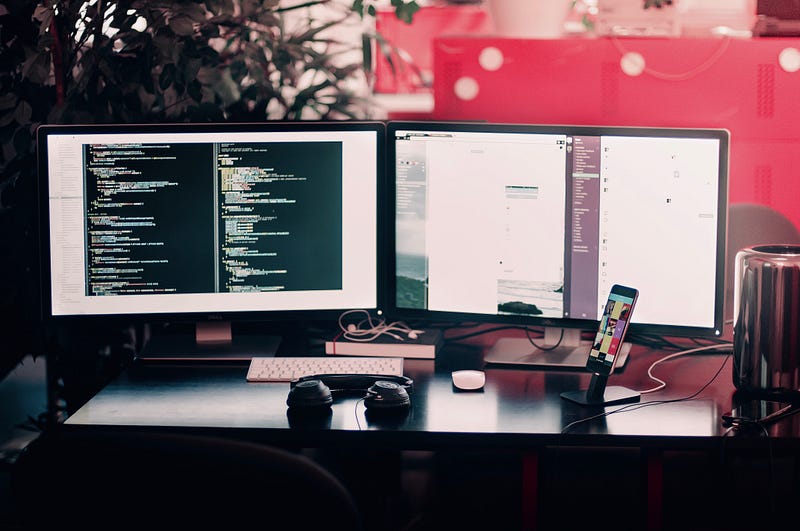Understanding the Programmer's Passion: A Deep Dive into Their World
Written on
Chapter 1: The Programmer's Solitude
It's hard to believe how much time I spend alone in front of a screen. Often, I lose track of time, neglecting basic needs like eating or grooming because I get so absorbed in coding. Many may not grasp this dedication, so I aim to clarify why programmers often prefer the world of code to the outside.
Problems related to machines are inherently logical and always have a resolution. In contrast, the complexities of human interactions and everyday life often lack such clarity, making them challenging for many analytical thinkers.
Section 1.1: The Superpower of Creation
Programming feels like wielding a superpower. You can conjure something from thin air, addressing real-life challenges in the process. This ability to create is what sets programming apart.
The personal fulfillment derived from resolving issues with code is immense. It’s about issuing commands to a machine, ensuring it executes your wishes. The joy of having a computer comprehend your intentions is unparalleled.
Subsection 1.1.1: The Joy of Challenge
Every coding task presents a new challenge, echoing past experiences shared by many. While it can be daunting, the thrill of discovering something novel is invigorating. The satisfaction that comes from achieving your goals with a machine is extraordinary, although over time, that pleasure may diminish, leaving behind the essence of programming.

Section 1.2: The Drive for Efficiency
Programming is about problem-solving and automation, fueling a genuine passion for our work. We’re not exceptional; we’re just like anyone else in our respective fields. Completing a program brings a sense of accomplishment akin to an architect finalizing a design or a mathematician solving a complex equation.
Chapter 2: The Addictive Nature of Programming
The first video, "Why Most Programmers DON'T Last," delves into the challenges faced by programmers and the reasons for their high turnover in the field.
The second video, "Coding won't exist in 5 years? You might be right," explores the future of programming and its evolving landscape.
Programming often becomes an addiction due to the immediate feedback it provides. Unlike economic initiatives that take years to yield results, software development offers daily victories and setbacks, creating a compelling cycle of engagement.
With programming tools, tedious tasks can be automated, freeing up time for more creative pursuits. The potential of computers to handle challenging work efficiently is immense, allowing humans to focus on other important activities.
While I may not fully comprehend why others are driven in their professions, I hope this sheds some light on the motivations behind the programmer's passion.